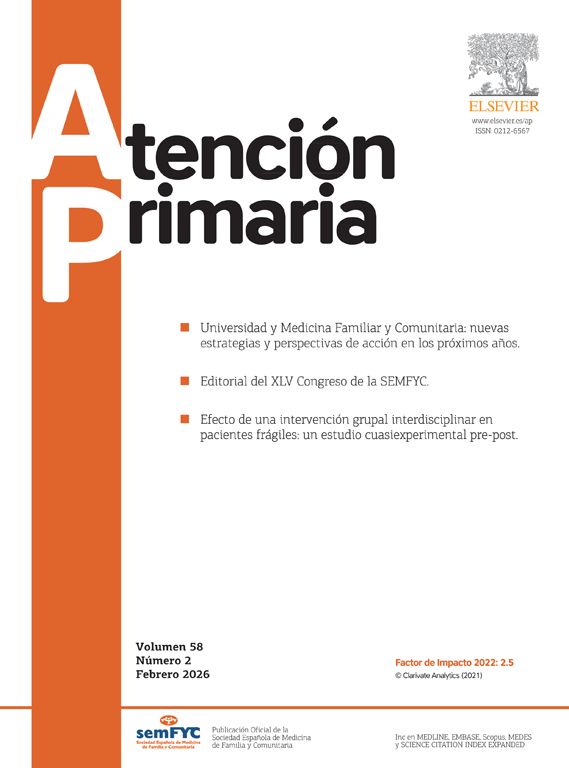In a recent paper, Bernabé Muñoz E et al. state that lack of treatment adherence and self-medication are two of the biggest problems in antibiotic misuse among patients.1I fully agree with the latter but clear evidence about the former is lacking, since most of the antibiotics currently used at least in respiratory tract infections are unnecessary. The authors base their study on the WHO Strategy for Containment of Antimicrobial Resistance statement which encourages prescribers and dispensers to educate patients on the proper use of antibiotics and the importance of completing the prescribed treatment. However, this strategy was published in 2001 and is only intended in those cases in which antibiotic therapy is necessary.
Primary care accounts for >80% of all human antimicrobial use, with 60% being prescribed for mainly self-limiting respiratory tract infections (RTI).2 More specifically, in acute respiratory tract infections, usually defined as an acute cough with at least one of the following criteria – sputum, chest pain, shortness of breath, and/or wheeze – between 52% and 100% (median 88%) of patients are currently prescribed an antibiotic.3 Cochrane Collaboration systematic reviews and meta-analyses conclude that the benefits of antibiotic use are marginal at best in acute bronchitis, otitis media, common cold, influenza, and are outweighed by the risk for adverse drug events. Other recently published clinical trials have reached similar conclusions. This has forced some societies and scientific communities to endorse more stringent guidelines. For instance, in the United States, since 2005, a Healthcare Effectiveness Data and Information Set measure for patients aged 18–64 years states that the antibiotic prescribing rate for acute bronchitis should be zero, not to mention the goals for the upper respiratory tract infections, it means that the percentage of unnecessary antibiotics prescribed is overly underestimated.
Widespread use of antibiotics has led to the increasing problem of antibiotic resistances. No new class of antibacterial has been discovered in the last 26 years, and while the pharmaceutical industry is running out of options to develop new antibiotics, the only way to decrease the extending pressure is to handle the antibiotic prescriptions more cautiously and appropriately. In a recently published book, the UK Chief Medical Officer Prof Sally Davies stated that we are losing the battle against infectious diseases, since bacteria are fighting back and are becoming resistant to modern medicine so that, in short, antibiotics will not work.4 And antimicrobial use is the key driver of resistance.5
General practitioners should be more aware of how big the problem of antimicrobial resistance is. How many times are we requested to prescribe an antibiotic recommended by another clinician, bought in the pharmacy or previously taken by the patients themselves? And how many times do we attend patients who are taking antibiotic courses that should never have been initiated? We have always been told that an antibiotic course should always be completed even in unappropriated cases. This is one of the numerous medical myths that should be debunked. Now we know that the longer the patient takes an unnecessary antibiotic the greater the antimicrobial resistance is. In the last years semFYC is recommending the primary care physicians to stop unnecessary antibiotic courses and this should be our main goal.6 Only by doing this and prescribing these drugs if indicated will we be able to preserve these drugs. Obviously, I do agree that adherence should be improved, but only when antibiotic treatment is warranted.
Conflict of interestI report having a grant from the Fundació Jordi Gol i Gurina for a research stage at the University of Cardiff. I also report receiving research grants from the European Commission (Sixth and Seventh Programme Frameworks) [grant numbers 044154, 518226, and 282512], Catalan Society of Family Medicine [2012/1], and Instituto de Salud Carlos III (Spanish Ministry of Health) [PI11/02471].







